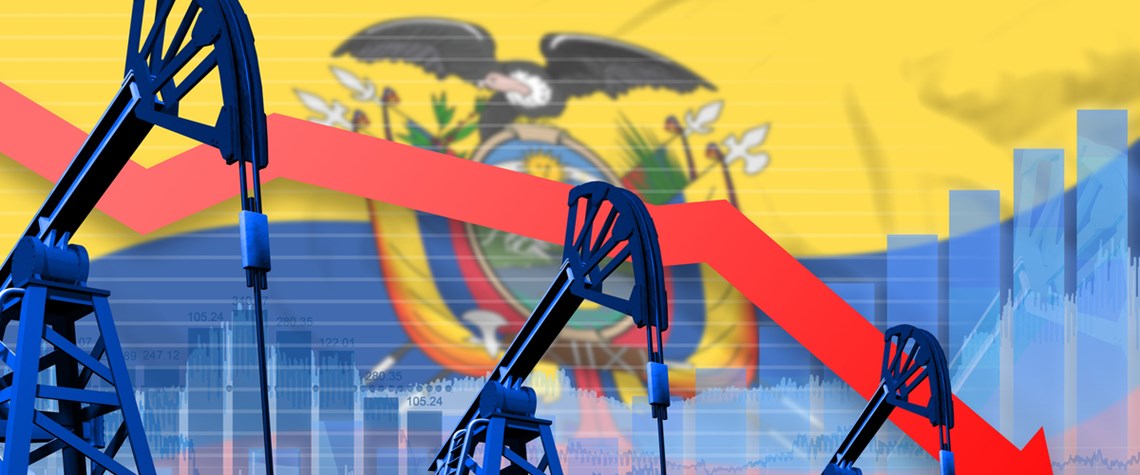Oil-dependent developing nations face huge shortfall
The energy transition means that countries such as Nigeria and Ecuador will suffer falling revenue and need to start preparing a strategy
Government oil and gas revenues worldwide could be $13tn less over the next two decades, compared with a business-as-usual scenario of continued growth demand and firm long-term prices, according to a report by thinktank the Carbon Tracker Initiative. Under the IEA sustainable development scenario, which sees a 50pc chance of temperature rises being limited to 1.65°C this century, government revenues from oil and gas sales will be approximately half those under the IEA’s ‘stated policies’ scenario, which reflects governments’ announced policy intentions. Countries that wait until the oil price decline starts to happen will have left it too late to address the problem, according to Mike Coffi

Also in this section
9 January 2026
A shift in perspective is needed on the carbon challenge, the success of which will determine the speed and extent of emissions cuts and how industries adapt to the new environment
2 January 2026
This year may be a defining one for carbon capture, utilisation and storage in the US, despite the institutional uncertainty
23 December 2025
Legislative reform in Germany sets the stage for commercial carbon capture and transport at a national level, while the UK has already seen financial close on major CCS clusters
15 December 2025
Net zero is not the problem for the UK’s power system. The real issue is with an outdated market design in desperate need of modernisation







